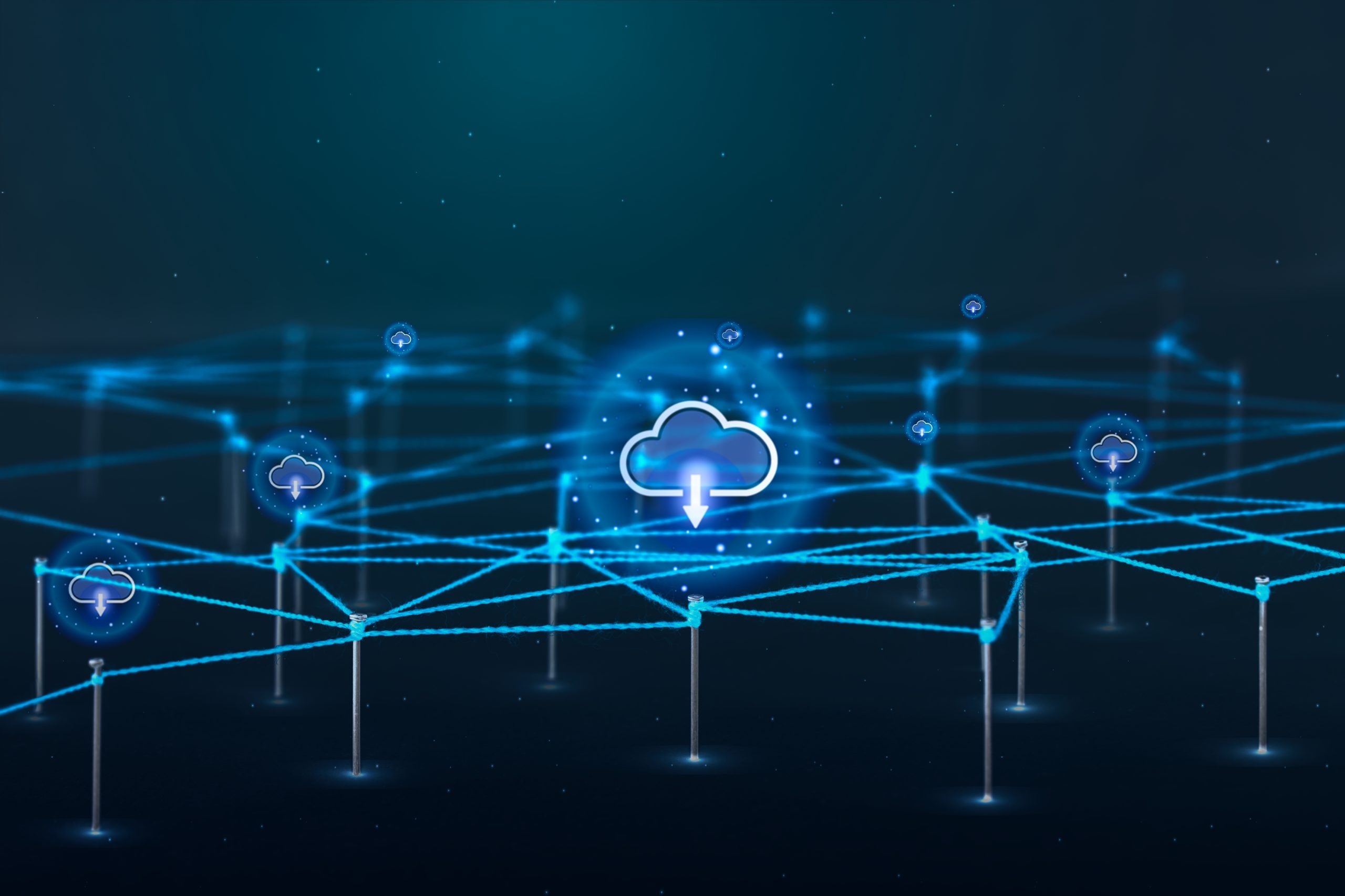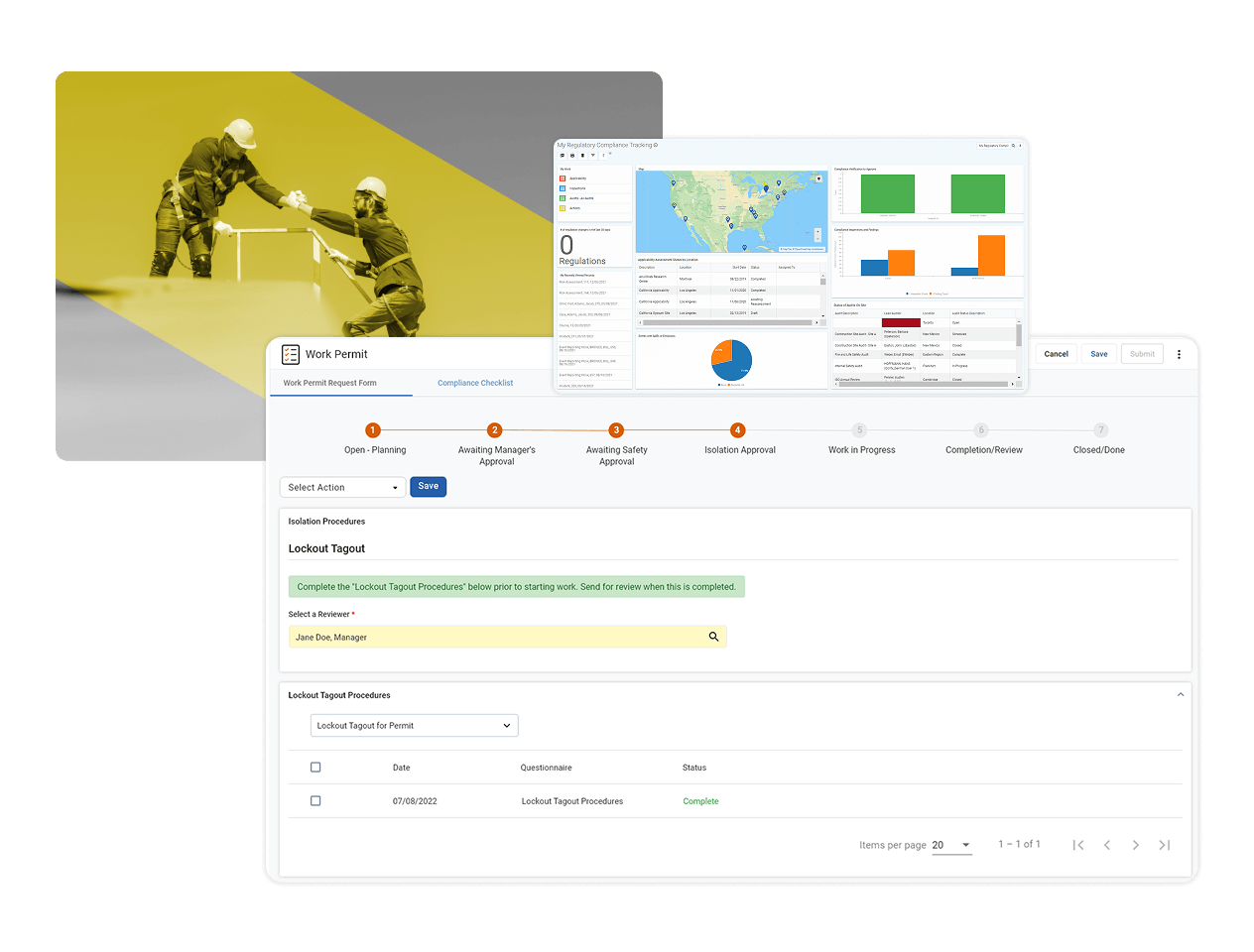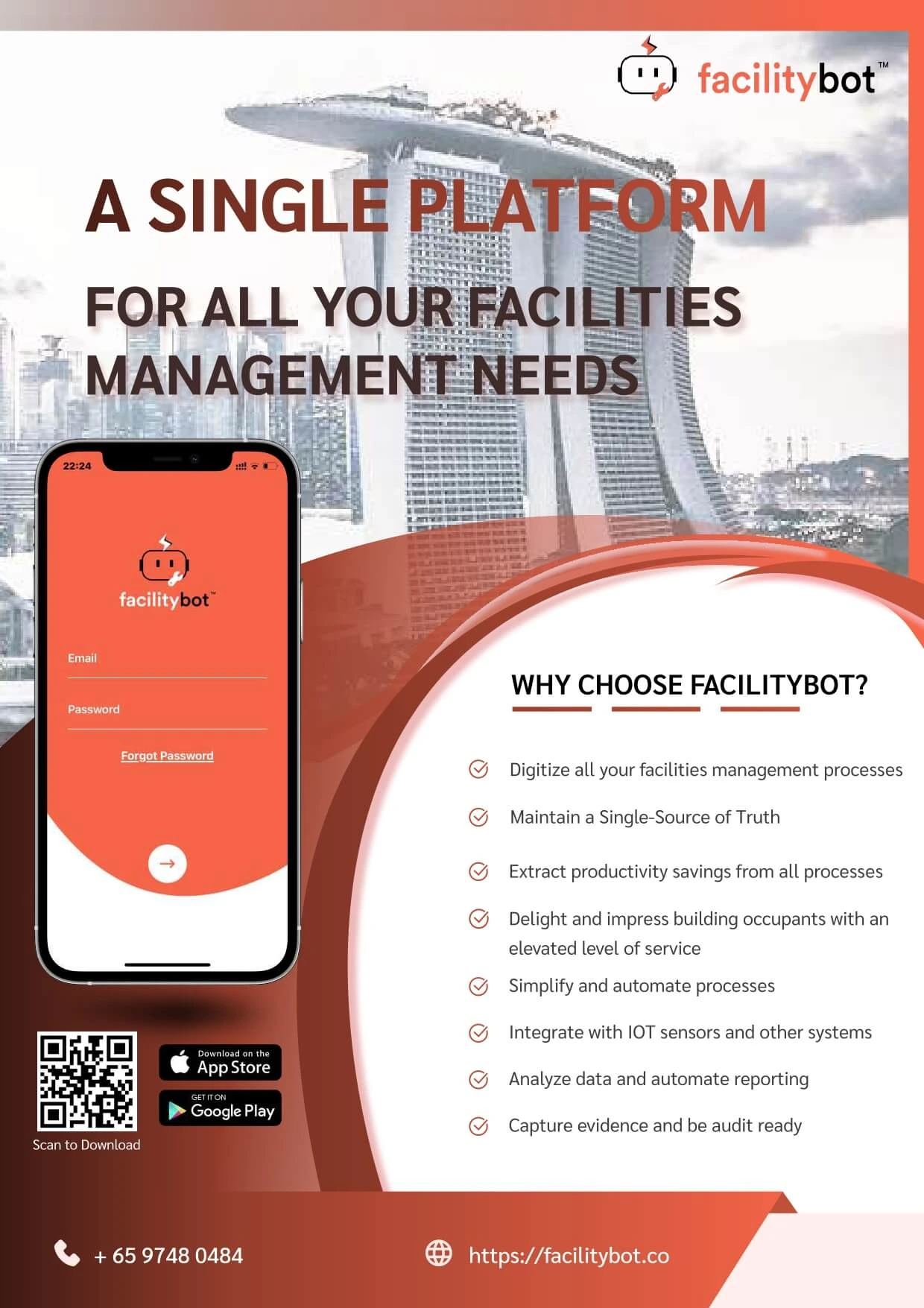Last updated on January 17th, 2024 at 06:54 pm
Introduction:
As the world hurtles towards a digitally connected future, facilities management is at the forefront of transformation, thanks to the Internet of Things (IoT). This revolutionary technology has already made waves in the industry, and its potential for future advancements is boundless. In this illuminating article, we explore emerging IoT technologies that are set to shape the future of facilities management. From AI-powered analytics to cutting-edge ChatGPT applications, discover how these trends are poised to revolutionize the way facilities are managed and maintained.
AI-Powered Analytics for Predictive Maintenance
AI-powered analytics has emerged as a game-changer in facilities management, especially concerning predictive maintenance. By analyzing vast amounts of data from IoT devices and CMMS platforms, AI algorithms can predict equipment failures and maintenance requirements, allowing facility managers to take proactive measures before issues escalate.
For instance, in a commercial building, AI-powered analytics can analyze data from HVAC systems, elevators, and lighting to predict potential failures and inefficiencies. Facility managers can schedule maintenance activities strategically, reducing downtime and optimizing equipment performance. This proactive approach ensures a smoother functioning of facilities and improves overall operational efficiency.
ChatGPT for Enhanced Facilities Communication
ChatGPT, based on advanced natural language processing, is transforming how facilities communicate and interact with occupants. These intelligent chatbots offer instant responses to queries, enabling efficient facilities management.
In a corporate setting, ChatGPT chatbots can provide employees with real-time information on meeting room availability, facility guidelines, or even submit maintenance requests. This streamlined communication not only improves employee experience but also enhances facility managers’ ability to respond promptly to concerns and maintenance needs.
IoT-Enabled Space Utilization Optimization
IoT technologies are revolutionizing space utilization optimization, maximizing the efficiency of facility layouts. Smart sensors and beacons can track occupancy, movement patterns, and usage of spaces, providing valuable insights into space usage patterns.
For example, in a university campus, IoT-enabled space utilization can monitor lecture hall occupancy, library usage, and common area traffic. Facility managers can then analyze this data to optimize space allocation and design, ensuring better utilization of resources and meeting the evolving needs of occupants.
Integration of IoT with Energy Management
The integration of IoT technologies with energy management systems is set to play a significant role in sustainable facilities management. IoT-enabled sensors can continuously monitor energy consumption, enabling facility managers to identify energy-saving opportunities and implement targeted strategies.
In a manufacturing plant, IoT sensors can monitor production line energy consumption and identify inefficiencies. Facility managers can adjust production schedules or upgrade equipment to reduce energy usage, leading to cost savings and a reduced environmental footprint.
Conclusion:
The future of facilities management is an exciting landscape, shaped by the rapid advancement of IoT technologies. From AI-powered analytics for predictive maintenance to the seamless communication facilitated by ChatGPT, IoT trends are transforming how facilities are managed and maintained. Embrace the potential of IoT for facilities management to unlock enhanced efficiency, optimize space utilization, and foster sustainability.
As you prepare to embrace the future of facilities management, consider exploring FacilityBot, a leading CMMS software that seamlessly integrates with emerging IoT technologies. Learn more about FacilityBot’s capabilities and how it can streamline your facility’s operations at facilitybot.co.
For purchasing of IoT sensors and more, visit FacilityBot’s IoT Sensor Store.




